Bronte Sisters, The (1979)
“Literature cannot and should not be a feminine occupation.”
|
Synopsis: |
|
Genres, Themes, Actors, and Directors:
Review: After doing a little reading, I realized that the screenplay actually offers a reasonably accurate overview of how things seemed to play out for them. We see Branwell working on a self-portrait with his family (he later rubbed his own image out): … Emily dressing in men’s clothing and heading out onto the windswept moors: … Anne serving as a faithful companion: … and Charlotte eventually heading (with Emily) to study French in Brussels, where she falls for her older teacher (Xavier Depraz). Interestingly, with just a couple of exceptions, we see surprisingly little writing being done — I wonder why? (In the clip below, Charlotte is doing that annoying kind of movie-writing where she’s not actually looking at her paper, instead making doleful faces at the camera — and she’s writing a letter, not one of her novels) At any rate, we also see Branwell’s ill-fated romance with an older (married) woman (Hélène Surgère): … and how quickly illness overtakes various members of the family, killing off three siblings within eight months. Much of this is undeniably bleak, so viewers should be forewarned — though it’s likely that fans of the Brontes will already know this, and simply be grateful for this visual glimpse into what their existence may have looked like. Note: Patrick Magee as the Reverend Bronte barely registers on screen; I suspect this was due to significant cuts being made to bring the film down from three to two hours. Notable Performances, Qualities, and Moments: Must See? Links: |
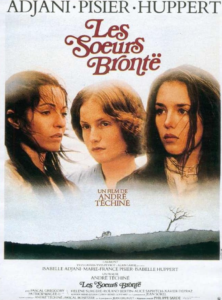
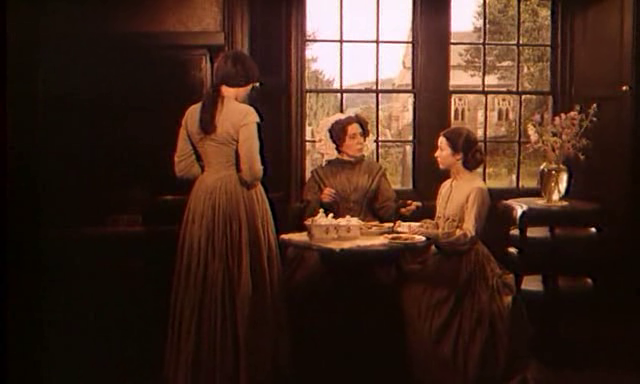
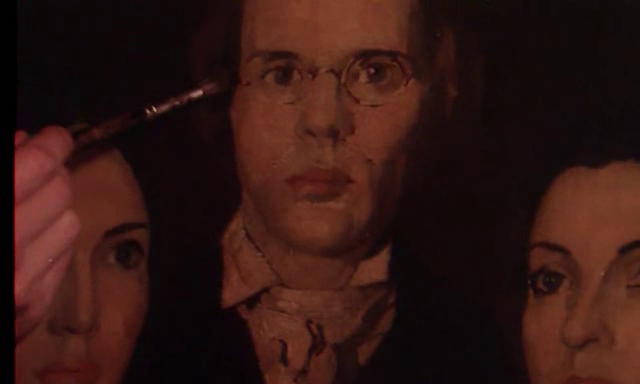
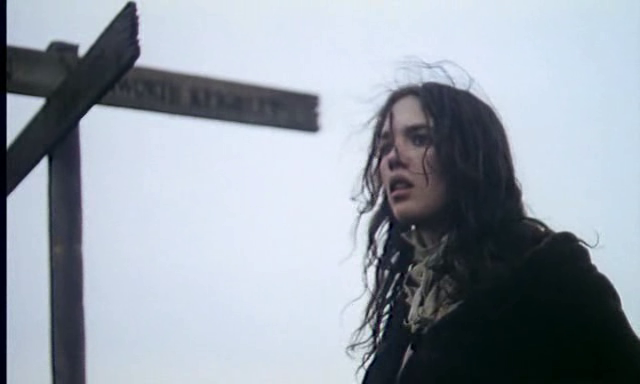
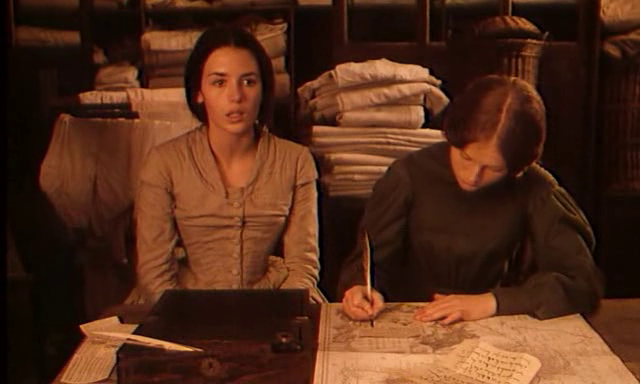
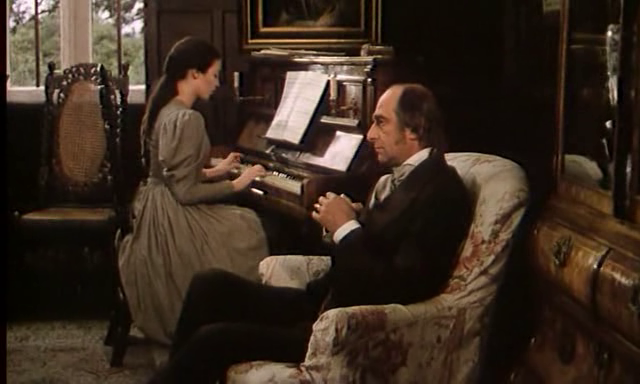
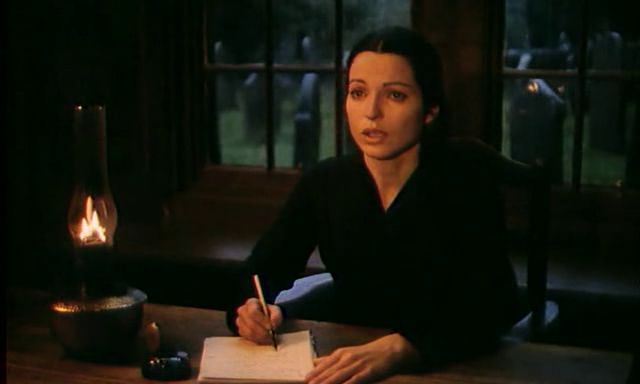
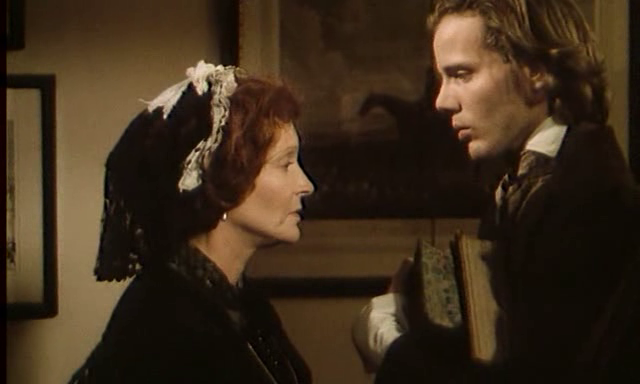
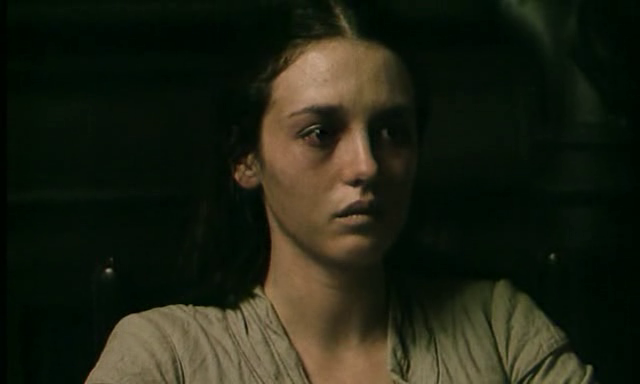
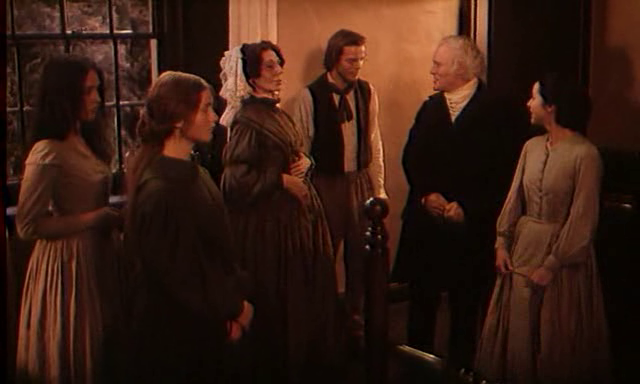
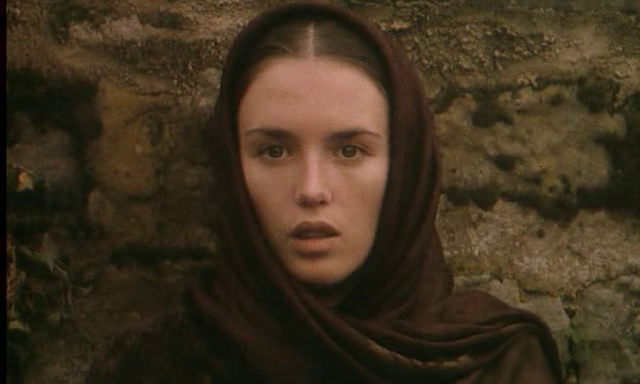
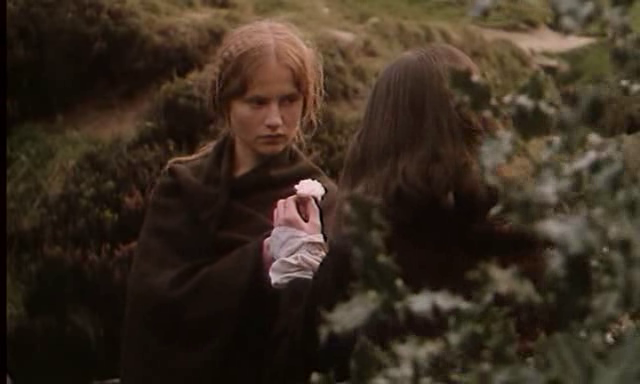
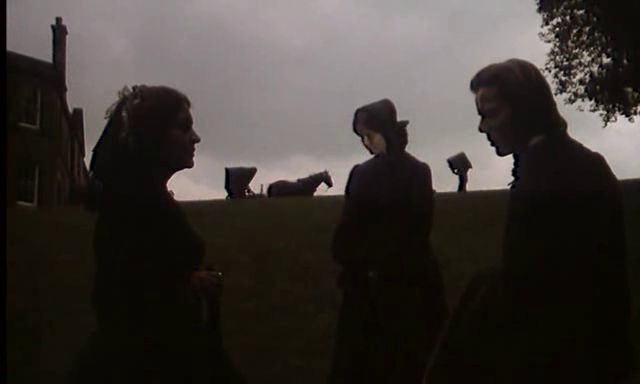
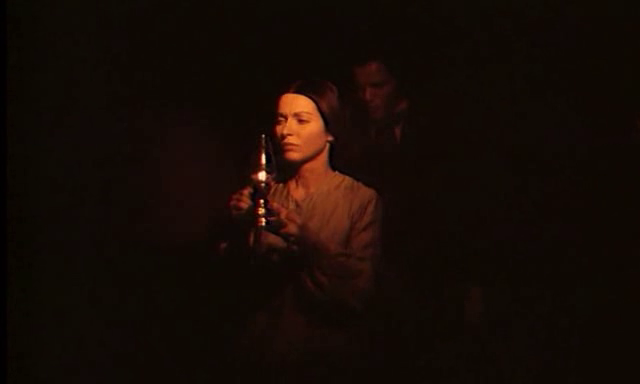
One thought on “Bronte Sisters, The (1979)”
First viewing (8/3/22). Not must-see, though fans of the famous writers will want to check it out since it is at least said to be factually accurate.
Visually it all looks appropriately gothic as well as (apparently) appropriately bleak. This is one somber flick from beginning to end. It rarely has sequences of substantial power. Cut down from three hours to two, one can deduce that the longer version might have been unbearable.
The three leads are all capable performers normally but Téchiné – whether faithfully or not – directed them to be completely funereal, giving them only a rare suggestion in one dinner sequence to show them capable of lightening up (the three sisters enjoy a single laugh).
As well, a fair amount of the dialogue is pretentious, to the point that certain scenes become unintentionally funny.
By contrast, Greggory seems to fare better as the brother – but then the film gives him a clearer focus, even though he’s still mainly a downer.
Production design and the work of DP Bruno Nuytten are impressive.
Personally (for balance) I would have liked a bit more about Emily and Charlotte as writers. As such, we more or less only get a short scene at the publishing house, in which their true gender identity is in question and then a very brief exchange in which they show up to reveal their true selves.